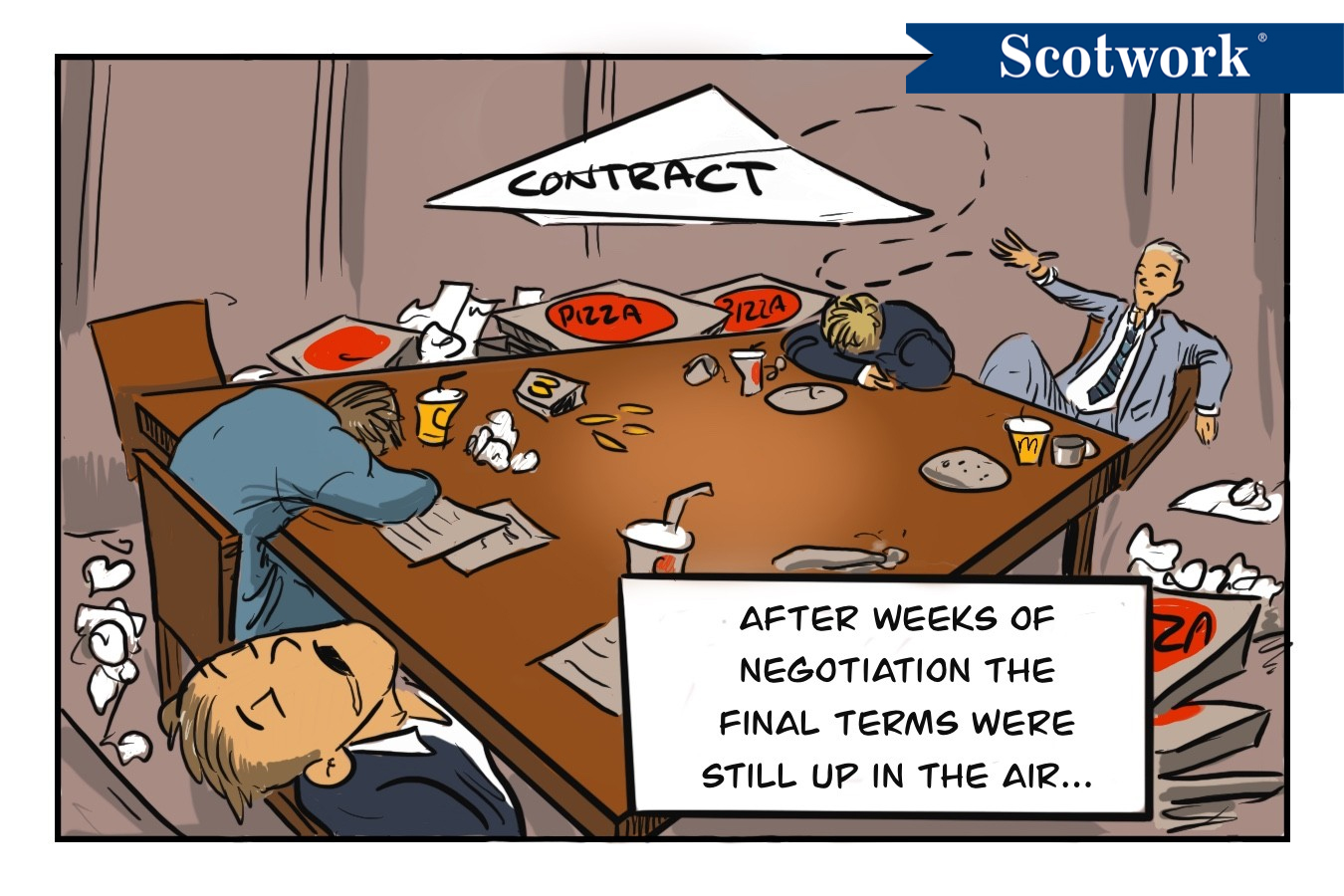“The time to fix a roof is when the sun is shining.”
— President John F. Kennedy
Every labor dispute negotiation could begin with that saying. It’s certainly true about the current Boeing labor strike. At a time when Boeing faces financial losses and is struggling to repair its reputation, a union strike is the last thing it needs. Still, many industry experts say this is something that could’ve been avoided — years ago.
Disputes are much easier to settle when emotions are cool, consequences aren’t imminent, and there’s a clear path to mutual benefit. When any of those conditions is missing, disputes get very complicated, are often drawn out, and tend to become win-lose battles.
In the case of Boeing, some claim the current dispute goes back three decades, when the company acquired McDonnell Douglas. Others say it started to boil in 2014, when company pension plans were converted to 401(k) plans. Some believe the straw that broke the camel’s back was when former CEO Dave Calhoun received $32.8 million in total compensation in 2023 — a 45% increase from the previous year. At the time, many Boeing employees’ compensation wasn’t keeping pace with inflation.
In hindsight, it’s no wonder that the 33,000 rank-and-file machinists voted to reject the deal union leadership negotiated with Boeing, even though it would’ve raised wages 25% over the life of the contract, contributed more to retirement plans, lowered health plan contributions, and provided more time off. The deal seemed like too little, too late — the iron was too hot.
The best time to address issues is before they become issues. For instance, the best time to negotiate an exit clause in a contract is when you’re entering into it. That’s when the iron is cold, when emotions are at their coolest, and more rational and reasonable negotiations can prevail. The situation may still be complex, but finding solutions will be easier when stakeholders’ judgment isn’t clouded by emotions or notions of “what’s fair.”
As we near year-end, many of you will renegotiate or renew existing contracts. This is a good time to evaluate your relationship with the other side and address any issues that may become hot in the future.
Here are 3 tips for negotiating those potential issues:
Understand the underlying issue. We often assume we know what’s causing an issue or why something happened. However, it’s important to test those assumptions and get to the root cause of an issue before dealing with it. There’s a big difference between addressing an anomaly and a systemic issue. Be sure you know which you’re dealing with before you negotiate.
Plan for different outcomes. Recency bias makes us give greater importance to current occurrences than past ones; this can lead us to believe that our most recent outcome is typical. However, just because something has happened doesn’t mean it will always happen that way. Future-proof your deals: Think about the most probable outcomes and negotiate contingencies for each.
Hypothetically remove the emotion. The use of hypothetical statements and situational play can help take the emotion out of a conversation. Using phrases like “just suppose . . .” or “what if . . .?” can help create a safe, emotionless space where you and the other party can explore different options, get over the past, and think more about the future.
Take advantage of renewal season to deal with potential issues before the forge of emotion makes the iron too hot to handle.
We Can Help You Deal with Potential Issues Before They’re Too Hot to Handle.
Take advantage of renewal season to deal with potential issues before the forge of emotion makes the iron too hot to handle. Rely on Scotwork’s nearly 50 years of experience to help you hammer out your best possible deals.

